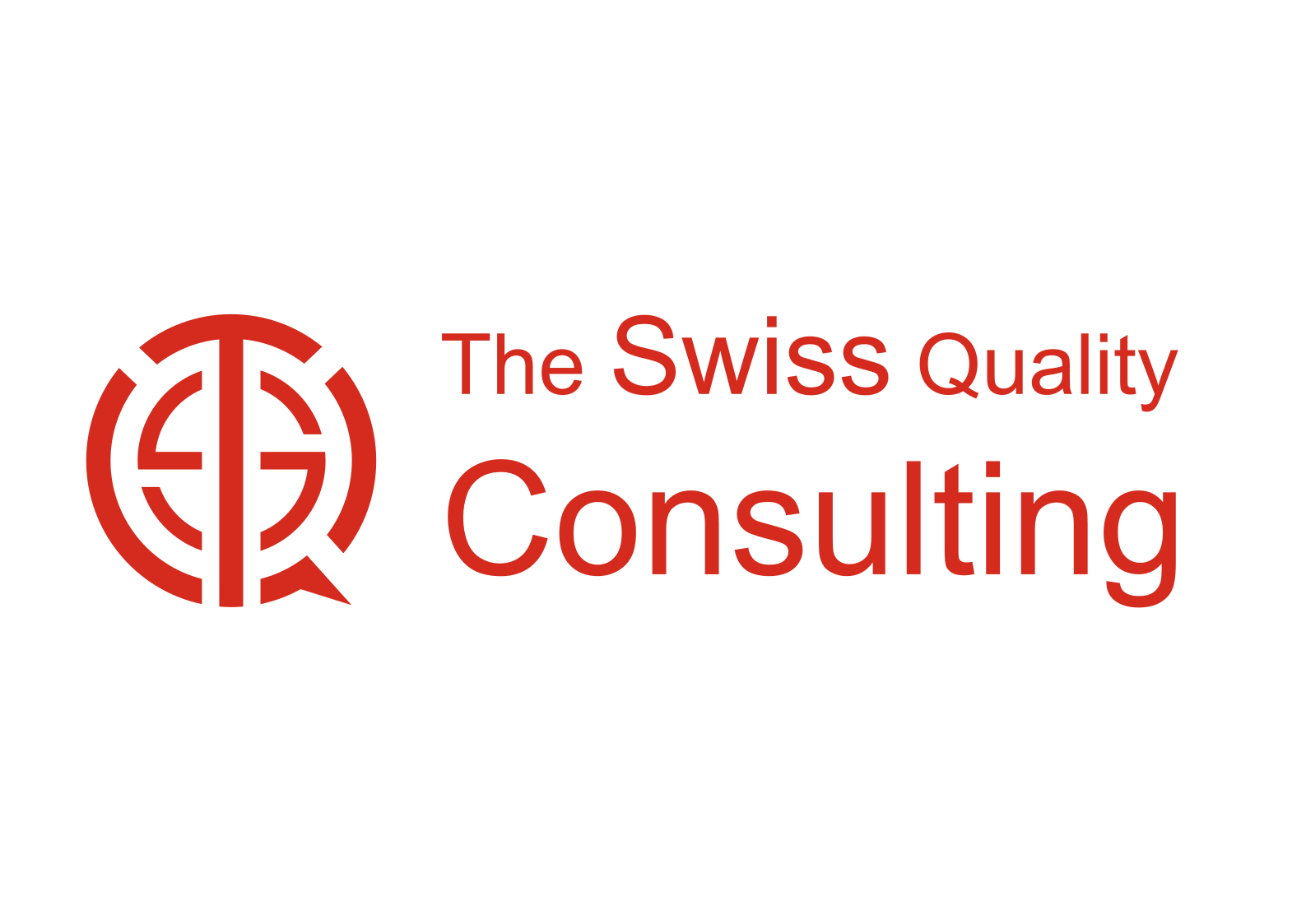In the age of the internet, reviews have become an integral part of our decision-making process. Whether we’re choosing a restaurant for dinner, a new smartphone, or even a service provider for our businesses, we often turn to online reviews to gather information and insights from other consumers. Reviews serve as a virtual word-of-mouth, helping us navigate the vast marketplace of products and services. However, with the proliferation of online reviews, the issue of authenticity has emerged as a critical concern.
The Power of Reviews
Reviews are a powerful tool for consumers. They provide firsthand accounts of experiences, allowing potential buyers to assess the quality, reliability, and value of a product or service. Positive reviews can bolster confidence and lead to a purchase, while negative reviews can serve as warning signs, helping us avoid potentially bad decisions.
In addition to aiding consumers, reviews also play a crucial role in shaping businesses’ reputations. A string of positive reviews can enhance a company’s credibility and attract new customers. Conversely, a negative review can tarnish a business’s image and deter potential clients. As a result, businesses often seek ways to encourage positive reviews and manage negative ones.
The Rise of Review Authenticity
Given the impact of reviews on both consumers and businesses, the authenticity of these reviews has become paramount. Authenticity in this context refers to the trustworthiness and credibility of the reviews. Authentic reviews are those that genuinely reflect the experiences and opinions of consumers.
However, the issue of fake reviews has become increasingly prevalent. Some unscrupulous businesses resort to posting fake positive reviews about their products or services to boost sales. Conversely, competitors or disgruntled individuals may post fake negative reviews to harm a business’s reputation. These deceptive practices not only mislead consumers but also undermine the integrity of the review system.
The Consequences of Fake Reviews
Fake reviews can have severe consequences for both consumers and businesses. For consumers, relying on fake reviews can lead to poor purchasing decisions. If a product or service doesn’t live up to the glowing reviews, buyers may experience disappointment, frustration, and financial loss.
For businesses, the consequences can be equally damaging. When caught posting fake reviews, a company can face legal action, regulatory fines, and significant damage to its reputation. Genuine customers who discover fake reviews may lose trust in the business and take their patronage elsewhere.
Additionally, the prevalence of fake reviews can erode trust in the entire review system. When consumers begin to doubt the authenticity of reviews, the entire purpose of reviews as a valuable decision-making tool is compromised.
Detecting Fake Reviews
Detecting fake reviews can be challenging, as those who create them often go to great lengths to make them appear genuine. However, there are several telltale signs that consumers and businesses can watch for:
- Overly Positive or Negative Language: Fake reviews often use overly positive or negative language to exaggerate the experience. Genuine reviews tend to be more balanced and nuanced.
- Reviewers with Few Reviews: Be wary of reviewers with very few reviews, especially if they’re all highly positive or negative. Legitimate reviewers often have a history of contributing to review platforms.
- Similar Language Across Reviews: If multiple reviews for different products or services from the same business use strikingly similar language, it could be a sign of fakery.
- Anomalies in Review Dates: Pay attention to the timing of reviews. A sudden influx of positive reviews around the same time can be suspicious.
- Incomplete Profiles: Profiles with little to no personal information or a lack of profile pictures may indicate fake accounts.
- Excessive Use of First Person: Fake reviews often contain an excessive use of the first-person pronoun, emphasizing the reviewer’s personal experience.
- Check for Consistency: Cross-reference reviews on multiple platforms to see if they align. Discrepancies could indicate fake reviews.
The Role of Review Platforms
Review platforms and websites have a significant role to play in ensuring the authenticity of reviews. Many platforms have implemented measures to combat fake reviews, including algorithms that detect unusual patterns of behavior and user reporting systems. However, these measures are not foolproof, and fake reviews can still slip through the cracks.
To address this issue comprehensively, some platforms have started to verify the identity of reviewers. Verified reviews come from users who have confirmed their purchases or experiences, making them more trustworthy. While this approach enhances authenticity, it’s not without challenges, as it may deter some users from leaving reviews due to privacy concerns.
Tips for Consumers
As consumers, there are steps we can take to navigate the world of reviews more effectively:
- Look for Verified Reviews: Prioritize reviews from verified purchasers or users when available.
- Read a Variety of Reviews: Don’t rely solely on a single review. Read multiple reviews from different sources to get a more balanced perspective.
- Consider the Context: Take into account the context and specifics of a review. A negative review based on a unique or subjective experience may not be indicative of the product or service’s overall quality.
- Check for Consensus: Look for patterns in reviews. Consensus among reviewers can provide valuable insights.
- Use Trusted Review Platforms: Stick to reputable and well-known review platforms that have measures in place to combat fake reviews.
The Responsibility of Businesses
Businesses also bear a significant responsibility in maintaining the authenticity of reviews. They should avoid incentivizing or pressuring customers to leave positive reviews, as this can lead to bias and inauthenticity. Instead, they should focus on providing excellent products and services that naturally garner positive feedback.
Additionally, businesses should actively monitor review platforms for fake reviews and report any suspicious activity. By taking these steps, they contribute to a fair and reliable review ecosystem.
Review authenticity is vital for the trust and reliability of online reviews. As consumers, we must remain vigilant and discerning when reading reviews, while businesses should prioritize ethical practices. In a world where information is at our fingertips, authentic reviews continue to be an invaluable resource, guiding us toward informed choices and helping us build trust in the products and services we select.
#ReviewAuthenticity #TrustworthyReviews #AuthenticFeedback #GenuineOpinions #FakeReviewAwareness #ReliableFeedback #EthicalReviews #VerifiedReviews #ConsumerInsights #InformedDecisions






